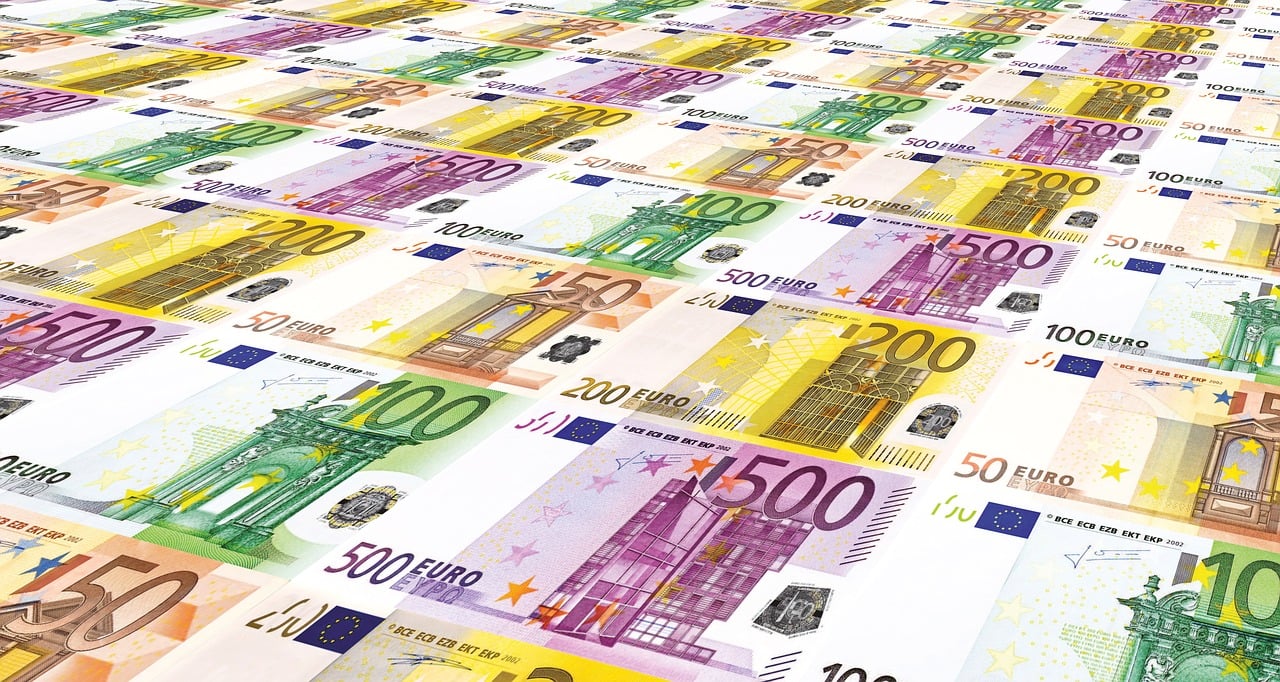
In an interview, Márton Nagy talked about the economic challenges of 2023, and the possible purchase of Budapest Airport.Continue reading

Government credit programs such as the Széchenyi Card and the Re-industrialization Program to support businesses are expected to add about 1.0-1.2 percent to the country’s GDP this year, keeping the country out of recession, the Minister of Economic Development told a conference, according to MTI.
Avoiding recession and bringing inflation down to single digits by the end of the year remain the main goals of Hungarian economic policy, Márton Nagy said.
The Széchenyi Card program facilitated contracts worth a total of 387 billion forints (EUR 1.0 billion) between January and April, and the re-industrialization program 534 billion, he highlighted.
He said
it was a positive development that the energy trap seems to be easing, as the country’s energy bills have fallen. However, the high-interest rate environment will remain this year and next.
The value of energy imports is expected to fall from 17 billion euros in 2022 to 9 billion euros this year, with 70-75 percent of households protected by the cuts, he added.
Featured photo via MTI/Máthé Zoltán